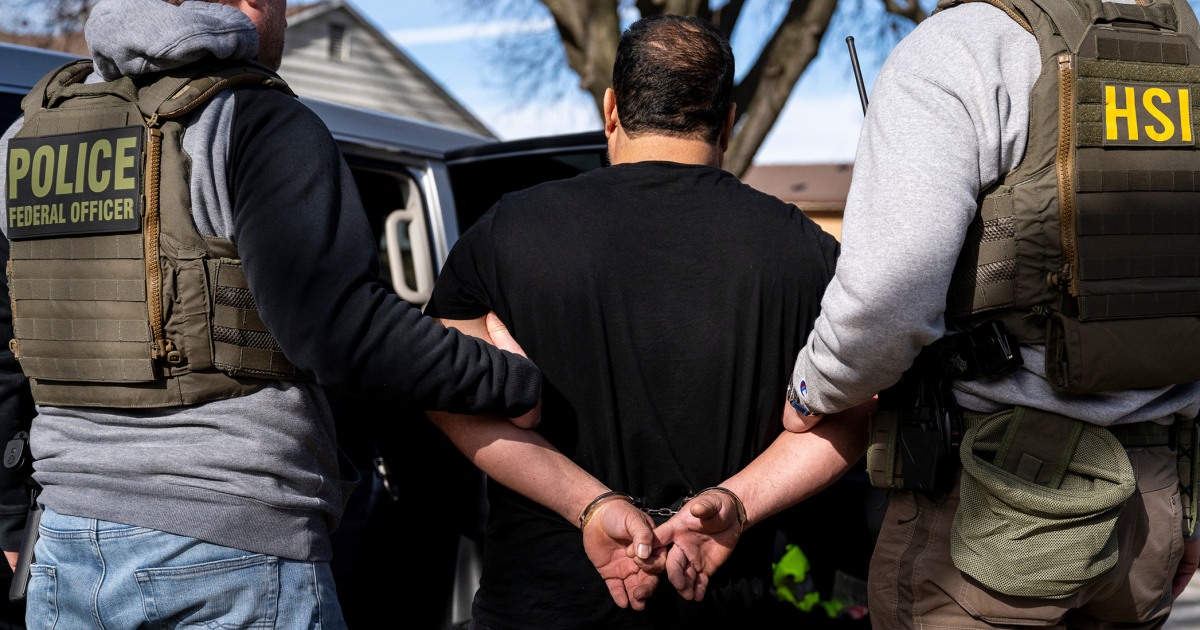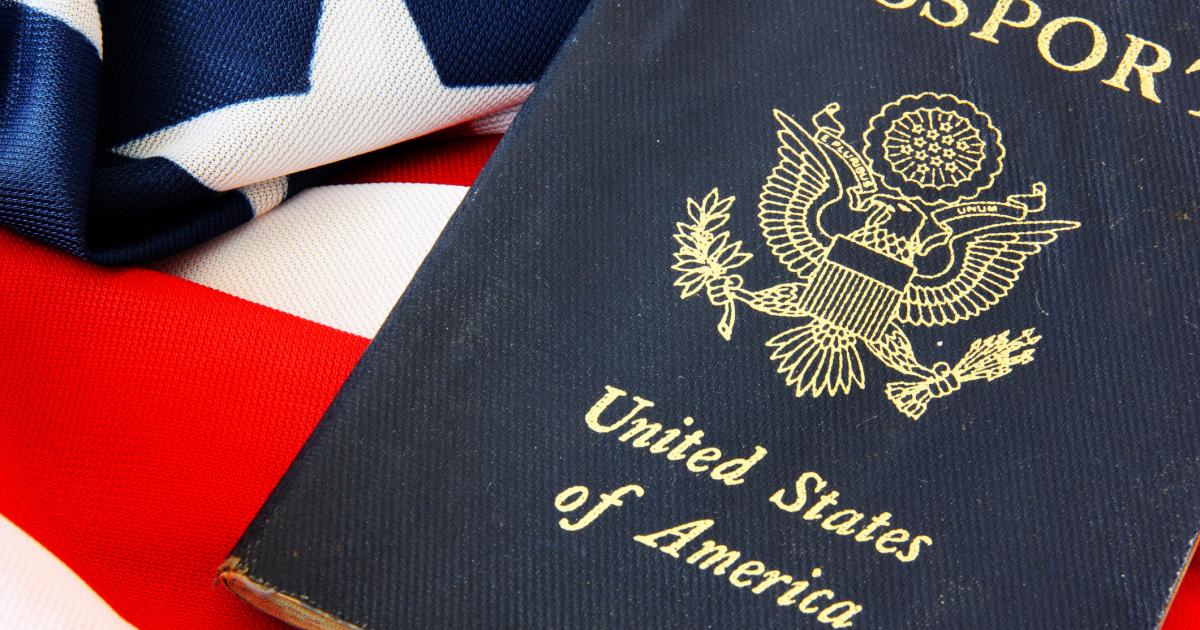- Joined
- Jan 26, 2025
- Messages
- 1,742
- Reaction score
- 322
- Gender
- Male
- Political Leaning
- Slightly Conservative
Are you acting stupidly, or does it just come naturally?And in each and every lower court since 1898. Your position remains refuted.
Are you acting stupidly, or does it just come naturally?And in each and every lower court since 1898. Your position remains refuted.
A SCOTUS interpretation does not modify the Constitution. Modification requires a Constitutional amendment. The SCOTUS interprets the constitution when rendering a ruling. SCOTUS rulings can be overturned or affirmed by another SCOTUS ruling.Yes, with great foresight. It was after the writing of the Constitution, though, that Marshall in Marbury v Madison decided that it provided that the Supreme Court would interpret the laws. Their "interpretation," of course, has the effect of modifying the Constitution. Thus, without explicit definition in the Constitution, it is a second method of "amending" it when the Court, not necessarily "the people." thinks it needs changing.
I stand corrected. It modifies the implementation of the Constitution, it's meaning, and how law enforcement and the Courts must all act with respect to the Constitution and any laws relative to their decision. For all practical purposes, it modifies the Constitution. For example, a Supreme Court decided that there was a "Right to Privacy" guaranteed by the Constitution, although no such wording appeared there. That decision altered the behavior of the nation, without adding a single word to the document itself, and served as the basis for yet other SCOTUS interpretations.A SCOTUS interpretation does not modify the Constitution.
it was not created for non-citizens
it was created for citizens
that is a fact
it was created for emancipated slaves
that is a fact
Second, your attempt in the above sentence is yet another predictable attempt from the left to turn the issue into one of racism, and I won't argue racism with the most racist Party in the country, the Democrats.
"All persons born..." doesn't need interpretation. It's quite straightforward.I stand corrected. It modifies the implementation of the Constitution, it's meaning, and how law enforcement and the Courts must all act with respect to the Constitution and any laws relative to their decision. For all practical purposes, it modifies the Constitution. For example, a Supreme Court decided that there was a "Right to Privacy" guaranteed by the Constitution, although no such wording appeared there. That decision altered the behavior of the nation, without adding a single word to the document itself, and served as the basis for yet other SCOTUS interpretations.
Im sorry they your ideology forces you to detach yourself from reality. But reality remains. Your argument has been refuted. It has lost every single time it’s been in front of any court since 1898.Are you acting stupidly, or does it just come naturally?
OK. That answers my question.Im sorry they your ideology forces you to detach yourself from reality. But reality remains. Your argument has been refuted. It has lost every single time it’s been in front of any court since 1898.
I know it sucks for you that your ideology is against reality and you are demonstrably wrong. But you’ll get over it.OK. That answers my question.
still wrongAll persons. It’s why it explicitly says, all persons.
they have to apply for citizenship just like all other non-citizensDoesn’t matter. We are free to interpret the plain language of the Constitution in various ways. Look how “equal protection” or freedom of speech has been interpreted historically. There has always been a tension between strict and loose constructionists, the original intent folks and the plain language folks.
And what would you have happen to someone born here of parents who were illegal and perhaps arecnow dead, which person has a US birth certificate and passport, but no citizenship elsewhere, send them to our Salvadoran Gulag?
But I’m irrefutably correct. It’s why the first 2 words say “all persons”. I know it’s sucks for you to have your ideology completely demolished. But reality doesn’t care. You are demonstrably incorrect and have been repeatedly proven to be incorrect. Every single time this has been before any court, since 1898, you’re position has lost.still wrong
you do not understand who the 14th amendment was created forAll persons = All persons.
Fact.
If they meant children of slaves they would have worded it differently.
Educated opinion.
persons means citizensOPINION noted and laughed at given ALL PERSONS are not simply emancipated slaves.
persons means citizens
Nope, it defines citizens. And that would be:
Section 1
"All persons born or naturalized in the United States, and subject to the jurisdiction thereof, are citizens of the United States and of the State wherein they reside."
Correct, non-citizens, period, are not citizens.
People who were first arrested by Customs and Border Protection, which typically means those arrested at the border, accounted for most of the deportations in February 2024 under Biden.
Another reason, obviously, is that Trump stopped the flow of aliens across the border.
Trump deported fewer people last month than Biden a year ago, but border crossings have plummeted
About 11,000 immigrants were deported last month, compared with over 12,000 a year ago, data obtained by NBC News shows.www.nbcnews.com


you do not understand who the 14th amendment was created for
persons means citizens

the authors of the 14th amendmentAccording to whom?
There is a misinterpretation of the 14th amendment.
[snippet]
Birthright Citizenship: A Fundamental Misunderstanding of the 14th Amendment
What’s the citizenship status of the children of illegal aliens? That question has spurred quite a debate over the 14th Amendment lately, with the news that several states—including Pennsylvania, Arizona, Oklahoma, Georgia, and South Carolina—may launch efforts to deny automatic citizenship to...www.heritage.org
The 14th Amendment doesn’t say that all persons born in the U.S. are citizens. It says that “[a]ll persons born or naturalized in the United States and subject to the jurisdiction thereof” are citizens. That second, critical, conditional phrase is conveniently ignored or misinterpreted by advocates of “birthright” citizenship.
Critics erroneously believe that anyone present in the United States has “subjected” himself “to the jurisdiction” of the United States, which would extend citizenship to the children of tourists, diplomats, and illegal aliens alike.
But that is not what that qualifying phrase means. Its original meaning refers to the political allegiance of an individual and the jurisdiction that a foreign government has over that individual.
The fact that a tourist or illegal alien is subject to our laws and our courts if they violate our laws does not place them within the political “jurisdiction” of the United States as that phrase was defined by the framers of the 14th Amendment.
This amendment’s language was derived from the 1866 Civil Rights Act, which provided that “[a]ll persons born in the United States, and not subject to any foreign power” would be considered citizens.
The 14th Amendment doesn’t say that all persons born in the U.S. are citizens. It says that “[a]ll persons born or naturalized in the United States and subject to the jurisdiction thereof” are citizens. That second, critical, conditional phrase is conveniently ignored or misinterpreted by advocates of “birthright” citizenship.
Critics erroneously believe that anyone present in the United States has “subjected” himself “to the jurisdiction” of the United States, which would extend citizenship to the children of tourists, diplomats, and illegal aliens alike.
But that is not what that qualifying phrase means. Its original meaning refers to the political allegiance of an individual and the jurisdiction that a foreign government has over that individual.
The fact that a tourist or illegal alien is subject to our laws and our courts if they violate our laws does not place them within the political “jurisdiction” of the United States as that phrase was defined by the framers of the 14th Amendment.
This amendment’s language was derived from the 1866 Civil Rights Act, which provided that “[a]ll persons born in the United States, and not subject to any foreign power” would be considered citizens.
Even in U.S. v. Wong Kim Ark, the 1898 case most often cited by “birthright” supporters due to its overbroad language, the court only held that a child born of lawful, permanent residents was a U.S. citizen. That is a far cry from saying that a child born of individuals who are here illegally must be considered a U.S. citizen.
It is just plain wrong to claim that the children born of parents temporarily in the country as students or tourists are automatically U.S. citizens: They do not meet the 14th Amendment’s jurisdictional allegiance obligations. They are, in fact, subject to the political jurisdiction (and allegiance) of the country of their parents. The same applies to the children of illegal aliens because children born in the United States to foreign citizens are citizens of their parents’ home country.
Federal law offers them no help either. U.S. immigration law (8 U.S.C. § 1401) simply repeats the language of the 14th Amendment, including the phrase “subject to the jurisdiction thereof.”

Wait, what?! Did they just say that if you’re not “subject to the jurisdiction of United States law” then the citizenship provision of the 14th Amendment doesn’t apply to you?A person born in the United States to a foreign diplomatic officer accredited to the United States is not subject to the jurisdiction of United States law. Therefore, that person cannot be considered a U.S. citizen at birth under the 14th Amendment to the United States Constitution.
